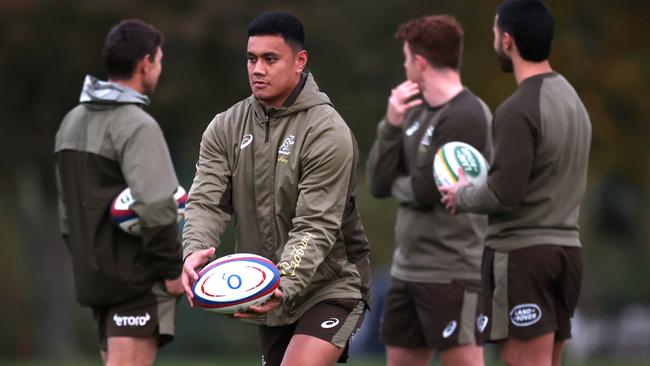
If Kearns, the CEO of the bid, believed the current Wallabies players and coaching staff might lend some public support to an Australian World Cup, he would have been vastly disappointed.
On Wednesday, Kearns hosted a lunch for British rugby officials and media, launching the Australian World Cup bid in Europe.
“This is the first chance we have had to get here and put forward our case outside of Australia why we are the most appropriate nation for 2027,” Kearns said, saying Australia was a “safe pair of hands” with modern stadia in five states.
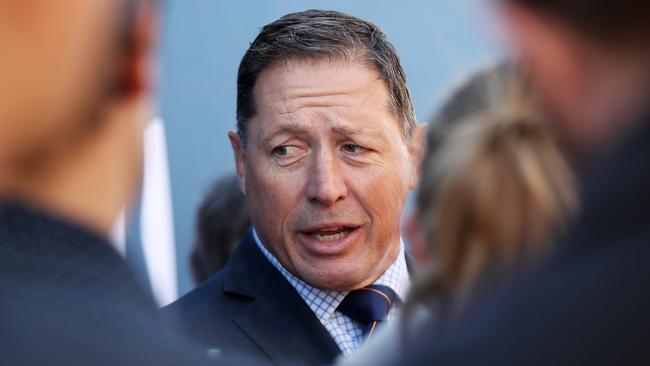
But while Kearns was talking up Australia, the Wallabies were tiptoeing around Britain, so terrified of Covid-19 they refuse to engage with anyone, let alone talk to rugby officials or even eat in local restaurants.
They will happily put their head in a scrum against Scottish, English and Welsh opponents, but are so risk-averse they are operating in a self-imposed restrictive bubble of triple layer masks and strict hotel confinement – extreme limitations which no other team has adopted.
Anybody would think this is a rich sport that in Australia requires no promotion of the code and has sponsors dripping off their jerseys.
Request for sideline training interviews on the tour are refused, one British broadsheet was even rudely turned away from Brighton a week ago when they had been led to believe they had half an hour of coach Dave Rennie’s time.
Australia has become the “invisible’’ team.
Instead of opening up training sessions, and making players available to talk, there are a couple of manufactured zoom calls, scheduled at 7am London time – 6pm in Sydney – to keep the handful of Australian rugby writers happy.
Those who can’t be bothered making the pre-supper calls are then sent the footage anyway to regurgitate “The World According To Rugby Australia”.
Rugby Australia officials think this is journalism.
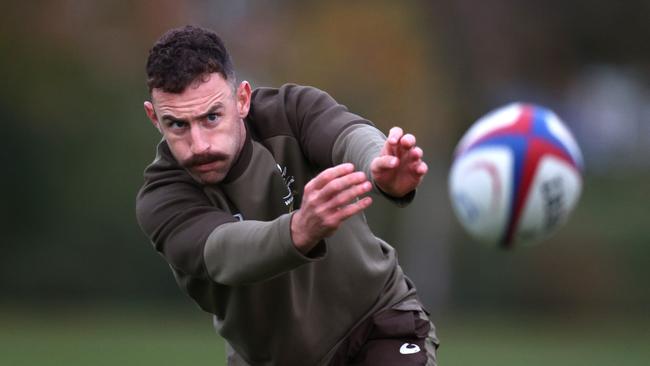
The timidity of this team as it attempts to rescue a Spring Tour with a blockbuster Twickenham stadium match against Eddie Jones’ England team in the early hours of Sunday could not have come at a worse time, particularly given it comes hot on the heels of an error-riddled loss to Scotland.
That’s because Rugby Australia is attempting to woo key World Rugby council members ahead of an important decision later this month in the midst of a tour that usually attracts influential British press attention.
In late November, the 52 World Rugby council members are to vote on rule changes to allow a different approach to the allocation of major tournaments, including future world cups.
Where previously there was a bidding war, World Rugby is looking at having a new commercial relationship with selected countries.
It is a gentle consensus approach which worked well for the International Olympic Committee, awarding Brisbane the 2032 Games earlier this year using a “partnership” rather than an expensive lobbying competition. Australia and the United States are seen as the serious contenders to host the 2027 World Cup.
Russia was banned from hosting duties when the World Anti Doping Agency rejected their international involvement on the back of the systemised doping scandal at the Sochi Winter Olympics, and subsequent compliance issues.
Argentina has already dropped out of contention, while Qatar was reportedly also interested.
If World Rugby members agree to the new system, the lobbying and travelling the globe to convince voters of Australia’s merits will become obsolete – and Australia could end up as the frontrunner for the 2027 tournament, with the US considered for a subsequent World Cup.
The final decision, whether by partnership or by the more traditional bidding contest, will be made in May next year.
Australia, then, has half a year to convince others that stewardship of the World Cup tournament in six years’ time will help grow an outward-looking sport that engages fully with the media to help attract new supporters, sponsors and looks after fans.
Sadly at the moment, there is no evidence of that happening.


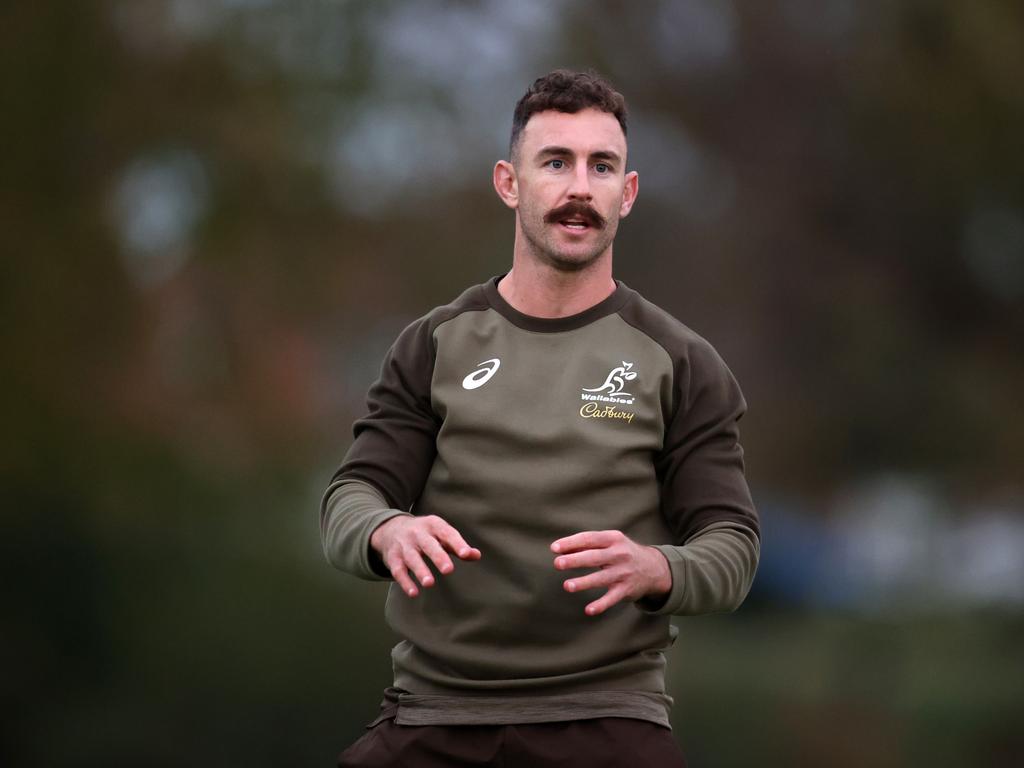
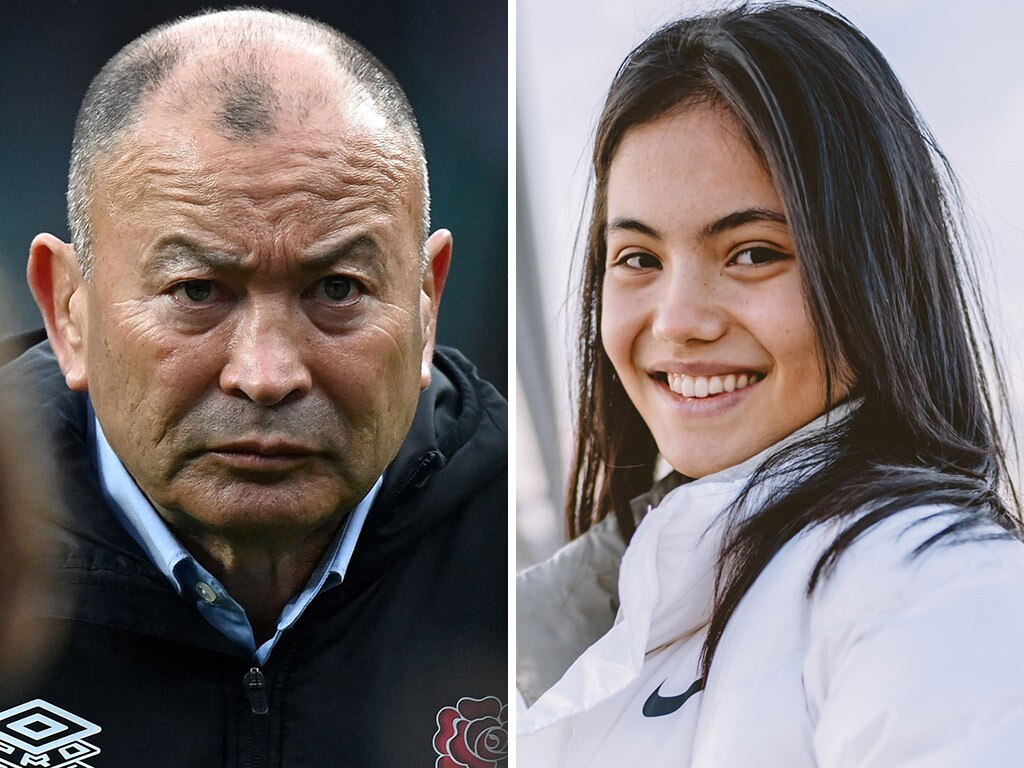


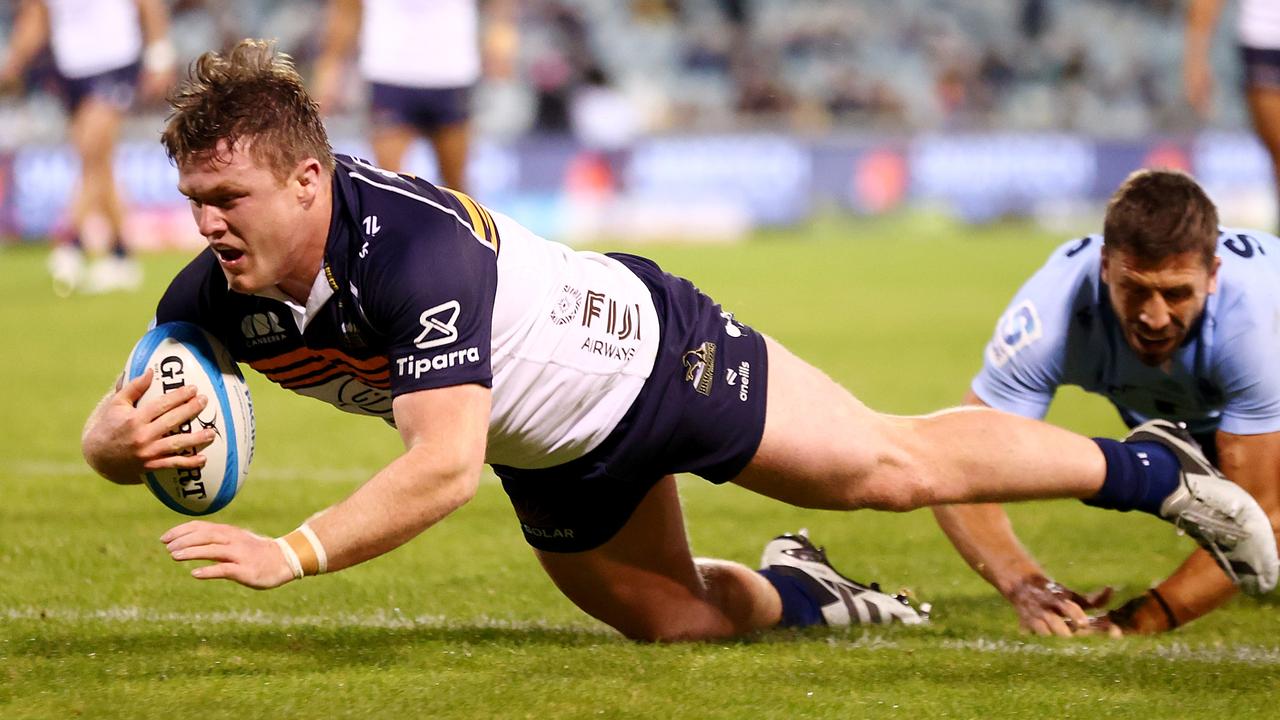
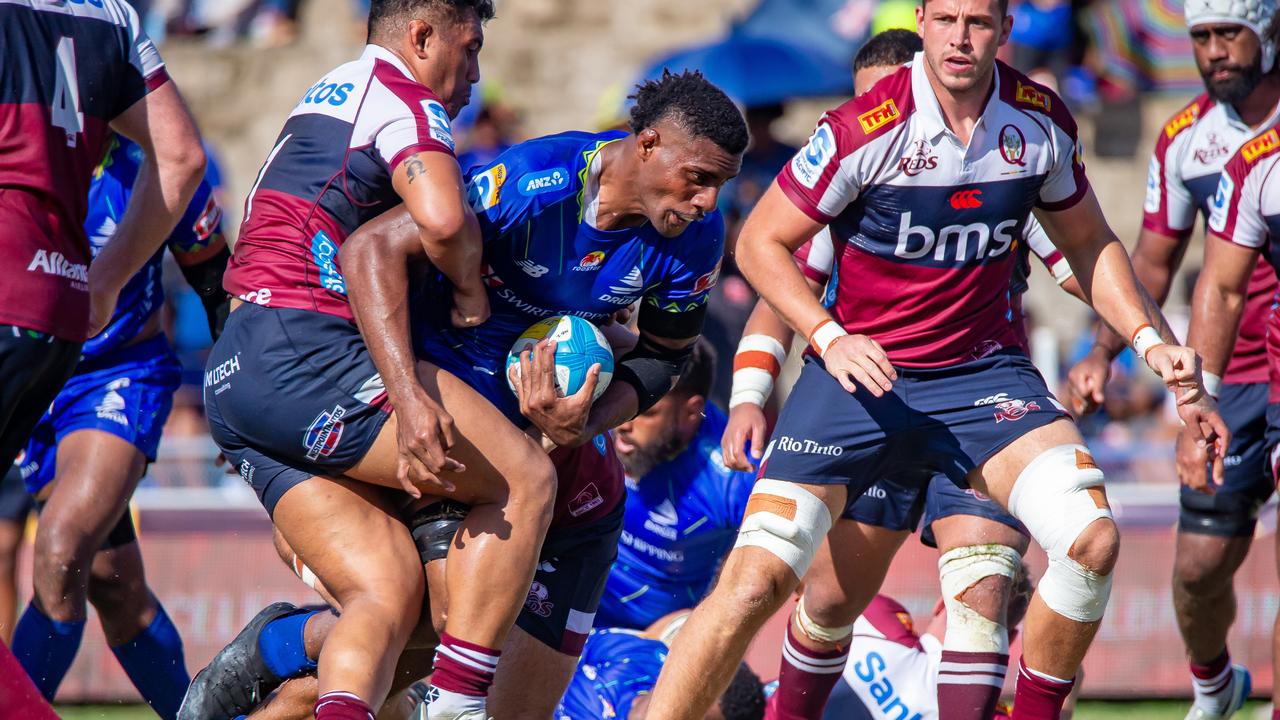
Former captain Phil Kearns is in London promoting Australia’s $8.8m bid to host the 2027 Rugby World Cup, while the Wallabies are down the road doing everything they can to avoid talking to people.